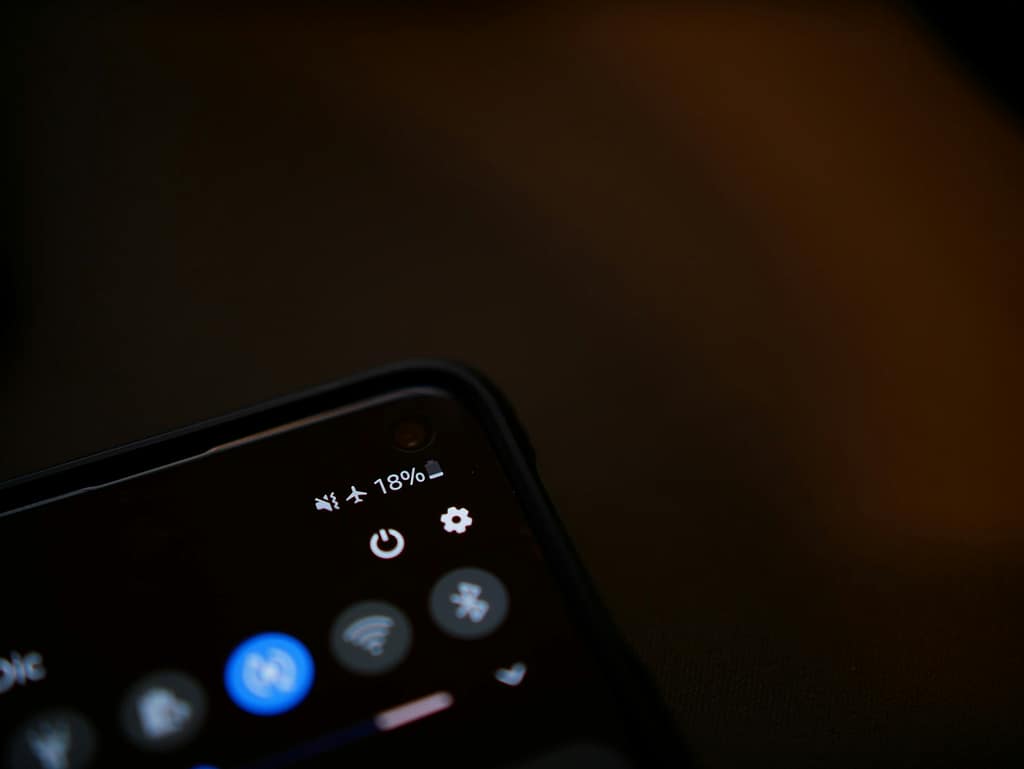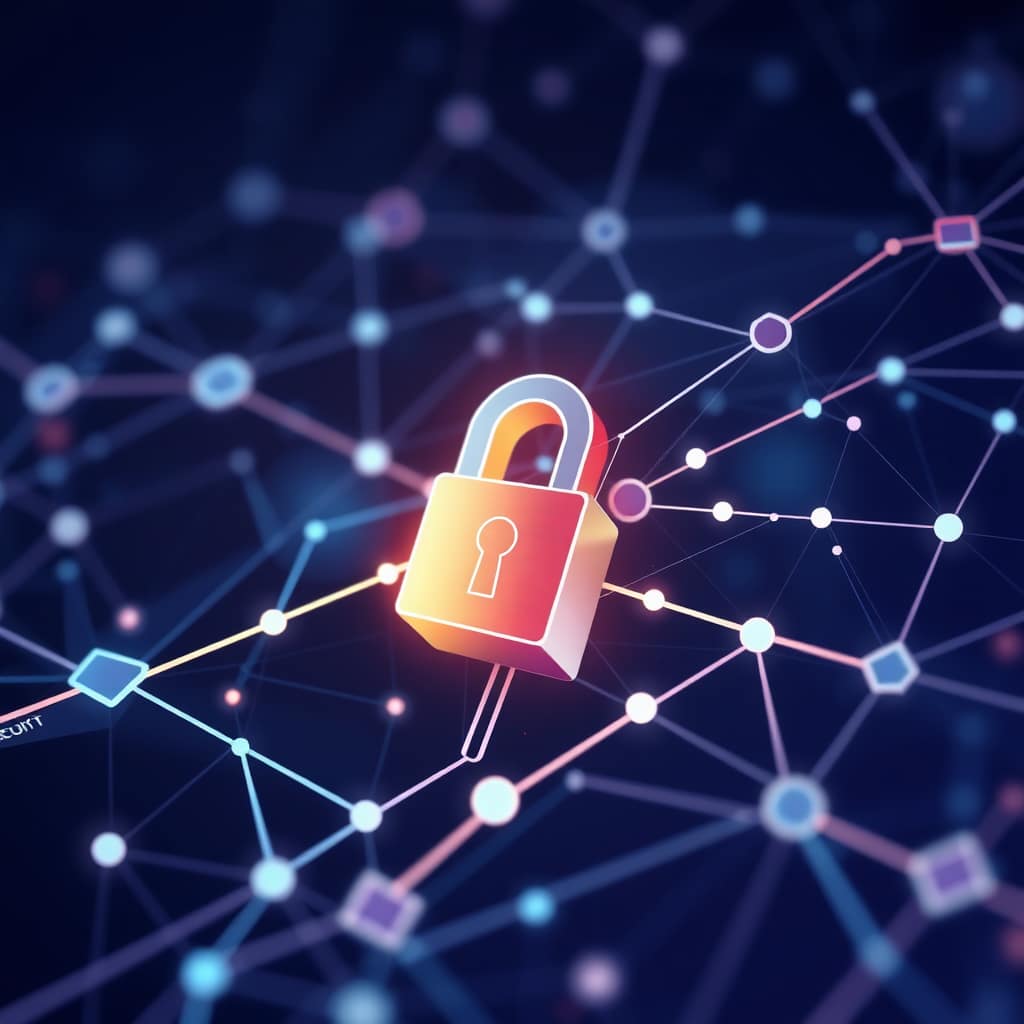It’s amazing how much the world has changed in just a few short years, right? Technology has advanced at a breakneck pace, and one area that has seen remarkable progress is GPS tracking.
What was once a niche technology is now a powerful tool businesses of all sizes use to manage and protect their assets. From delivery fleets to construction equipment, GPS trackers help companies keep tabs on their valuable resources, ensuring that everything is where it needs to be when it needs to be there.
This precision tracking can save companies valuable time and money by optimizing logistics and improving efficiency. However, with so many devices available, how do you choose the best GPS tracker for assets to ensure you get the most out of your investment and maximize this technology’s potential?
This is what we’ll explore throughout this article! Keep reading to discover why our team here at Datanet IoT can help you choose the perfect fit for your business needs.
How to choose the best GPS tracker for your assets

GPS trackers aren’t a one-size-fits-all solution. They come in various shapes and sizes, each designed for specific tasks and asset types, so understanding these differences is key to picking the right tracker for your needs.
This section will guide you through what you need to consider when choosing the best GPS tracker for assets. We’ll explore their key variables and features to help you make an informed decision that will benefit your business!
Asset type and location
First, the type of asset you’re tracking and its typical location are crucial factors when selecting a GPS tracker. You can track virtually any asset, from shipping containers in a busy port to heavy machinery on a remote construction site, or even buoys floating thousands of miles into the ocean.
Therefore, you must consider whether your asset is stationary or mobile – and whether it’s typically used indoors or outdoors. A tracker designed for a vehicle will likely have different requirements compared to one intended for a piece of equipment in a factory or a container on a ship.
Essentially, this means the environment in which your asset operates will greatly influence your choice!
GPS accuracy and signal strength
High accuracy is a must for precise location tracking, especially in applications requiring specific geofencing or detailed movement analysis. This may be particularly important for valuable assets, high-security situations, or operations in dense urban areas where signals are often blocked or interrupted.
Now, if you’re tracking assets in remote locations or areas with poor cellular coverage, you must also consider the device’s signal strength. A strong signal might be necessary to ensure a reliable data stream.
Battery life

The operational lifespan of a tracker’s battery will depend on various factors, including usage patterns, environmental conditions, and the chosen communication technologies. A tracker used on a constantly moving vehicle will likely drain its battery faster compared to one used for static monitoring of an asset in a warehouse.
You must consider the trade-offs between features, such as real-time tracking versus longer battery life, selecting the features most critical to your needs. For example, features such as real-time tracking or more frequent data transmission intervals will consume more energy, leading to a shorter battery life before recharging.
Solid tracking and reporting features
Real-time tracking is a core function of any GPS tracker, but the specific features and capabilities vary significantly. Consider whether you need historical data analysis, geofencing capabilities, or customized alerts based on specific parameters (e.g., speed, location, or temperature).
Robust reporting features that allow for data visualization, such as maps and charts, can provide valuable insights into your assets’ activity, helping you make decisions supported by actual data.
Integration capabilities
Ensure the GPS tracker you choose seamlessly integrates with your existing systems and software, such as fleet management platforms or inventory management systems. Compatibility with your current infrastructure simplifies data management and minimizes the need for complex and costly integrations.
Remember: a smooth data flow ensures that information is easily accessible in your existing workflows, which improves efficiency and decision-making. Consider factors like data formats and APIs to ensure seamless integration, too.
Data security and privacy

In today’s increasingly digital world, we place a strong emphasis on both digital security and the privacy of our data; this should be no different for the data generated by our assets.
Think of the potential consequences of a data breach, such as the loss of sensitive information, the compromise of your operational data, or even reputational damage. A breach could expose valuable business data, potentially impacting financial performance and customer relationships.
Reputable vendors stick to rigorous security measures, such as data encryption both in transit and at rest, secure data storage practices, and robust access control mechanisms, to mitigate these risks.
They also typically comply with relevant privacy regulations like GDPR (General Data Protection Regulation) and CCPA (California Consumer Privacy Act). Choose vendors prioritizing data security and transparency, providing clear information about their security practices and commitment to data protection.
For more detailed information on securing your IoT devices, refer to our comprehensive guide here.
Cost and return on investment
The initial cost of a GPS tracker is only one aspect of the overall investment – the long-term benefits and the potential return on investment (ROI) must also be taken into account. A more expensive tracker with advanced features might offer significant cost savings through improved efficiency, reduced downtime, and enhanced security, ultimately leading to a greater return on your investment.
Carefully weigh the initial cost against the potential long-term benefits and evaluate features against their value to your operations!
Vendor support and maintenance
Last, but not least, reliable vendor support and maintenance services are critical for the ongoing functionality and longevity of your GPS trackers. Choose vendors that offer long-lasting support, including troubleshooting assistance, software updates, and device repair or replacement services.
A vendor’s responsiveness to technical issues and their commitment to providing ongoing support can significantly impact the overall value and performance of your GPS asset-tracking solution.
Why choosing the best GPS tracker for assets matters

As seen in this article, picking the right GPS tracker isn’t just about picking a gadget, it’s a decision that will affect how you do business for a long time.
Get it right, and you’ll see real improvements in efficiency, security, and your bottom line. Get it wrong, and you might find yourself dealing with unreliable data, unexpected costs, wasted time, and perhaps costly security issues.
That’s why it pays to really consider what you need; think about what you’re tracking, where it’s located, and what kind of information you need to collect. Think about how secure you need the data to be, and what other systems it needs to work with. Look at the long-term costs, including maintenance and support.
All this up-front work will save you headaches later and help you get the most from your investment!
How we at Datanet IoT provide the best GPS trackers for assets
Speaking of a good investment, at Datanet IoT, we know how critical it is to find the right tools for the job. That’s why we offer a wide variety of high-quality GPS trackers for all kinds of assets.
But we don’t stop there! We also provide advanced solutions for environmental and oceanographic tracking. We’re your partners in harnessing the power of GPS technology to improve efficiency and get real, actionable insights into your operations. Contact us today – we’re here to help!




